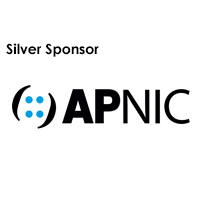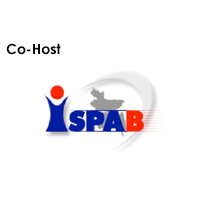MPLS Deployment
MPLS Deployment
Workshop(Download Slides)
Synopsis:
This technical workshop is made up of lectures and hands-on lab exercise to teach both basic and advance concept of MPLS, MPLS VPN both L3 & L2, Traffic Engineering Techniques, MPLS network design principles, LDP, BGP as signalling protocol etc. Also presented for understanding and to encourage best industry practice.
The course includes considerable practical work based on IPv4 as well as IPv6 and router configuration commands.
Target Audience:
Mid or high label technical staff of and ISP or enterprise who are involve in day-to-day network operation function.
Pre-requisites:
It is assumed that participants have a clear understanding of network operations, Internet technologies, OSI reference model, TCP/IP, OSPF/IS-IS. They must be fluent in BGP, and/or encouraged to complete one of APNIC/APRICOT/SANOG/bdNOG BGP Workshops, BGP routing protocol and router operating software (i.e Cisco IOS etc).
Course Outline:
- Introduction to MPLS
- MPLS Label Distribution Protocol
- MPLS LDP Configuration (Lab Exercise)
- MPLS Layer 3 VPN Concept & Architecture
- Intro to Juniper Technology and JunOS
- MPLS L3 VPN Configuration (Lab Exercise, both IOS & JunOS)
- MPLS Layer 2 VPN Concept & Architecture
- MPLS L2 VPN Configuration (Lab Exercise, both IOS & JunOS)
- MPLS Traffic Engineering
- MPLS Traffic Engineering (Lab Exercise, both IOS & JunOS)
- IPv6 and MPLS VPN (6VPE/6PE)
- InterAS L3 VPN Service
- Module 1: LDP Configuration and Analysis
- Module 2: MPLS L3 VPN Configuration
- Site-to-site VPN
- Hub and Spoke VPN
- Shared Extranet VPN (Import-RT Map/Export-RT Map tools)
- 6vPE & 6PE
- Module 3: MPLS L2 VPN Configuration
- Point-to-point (Pseudowire)
- Virtual Private LAN Service (VPLS) Config Analysis
- Module 4: Traffic Engineering Tunnel to manipulate IGP path
Maximum number of attendee:
30 participants per workshop.
 |












